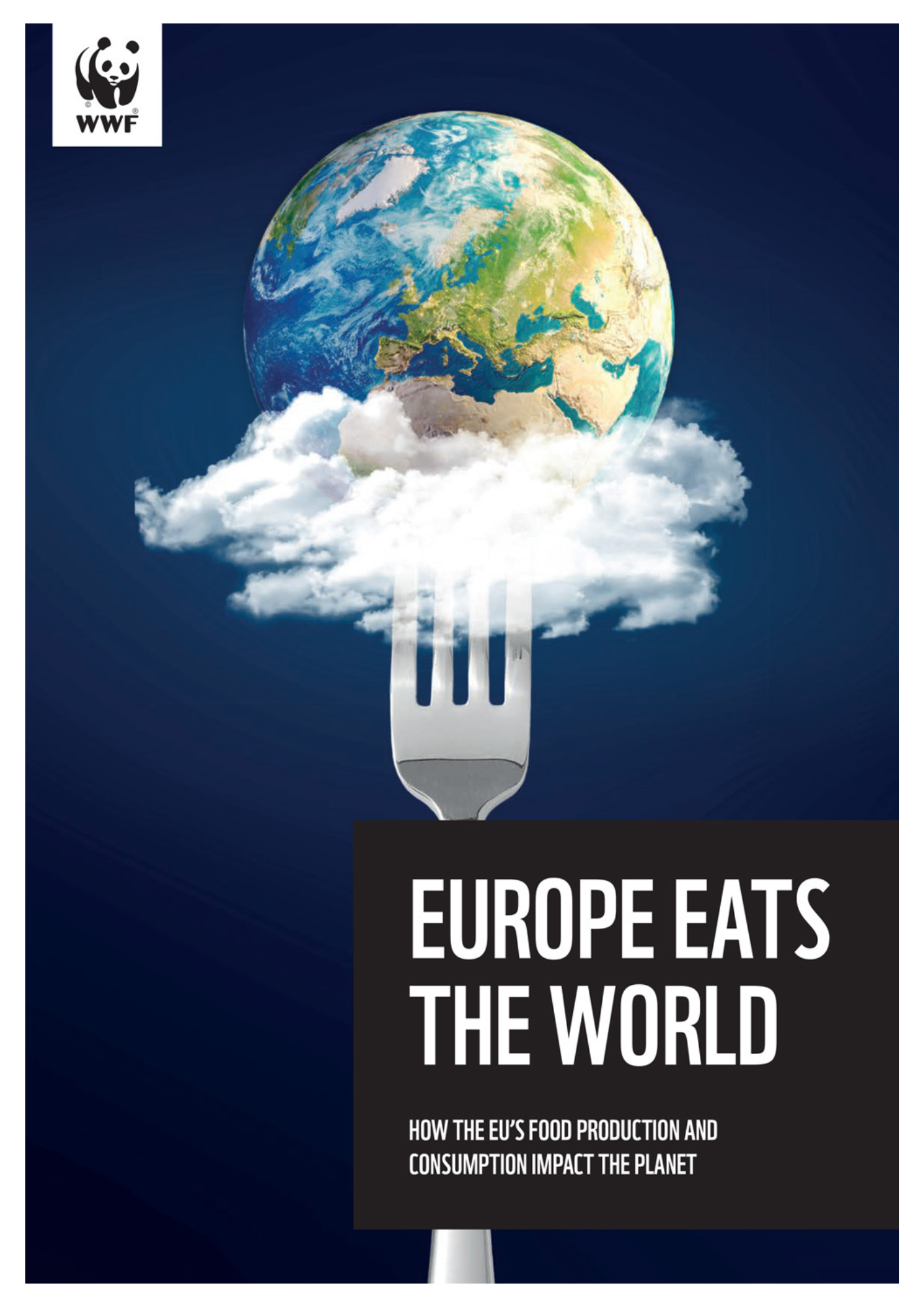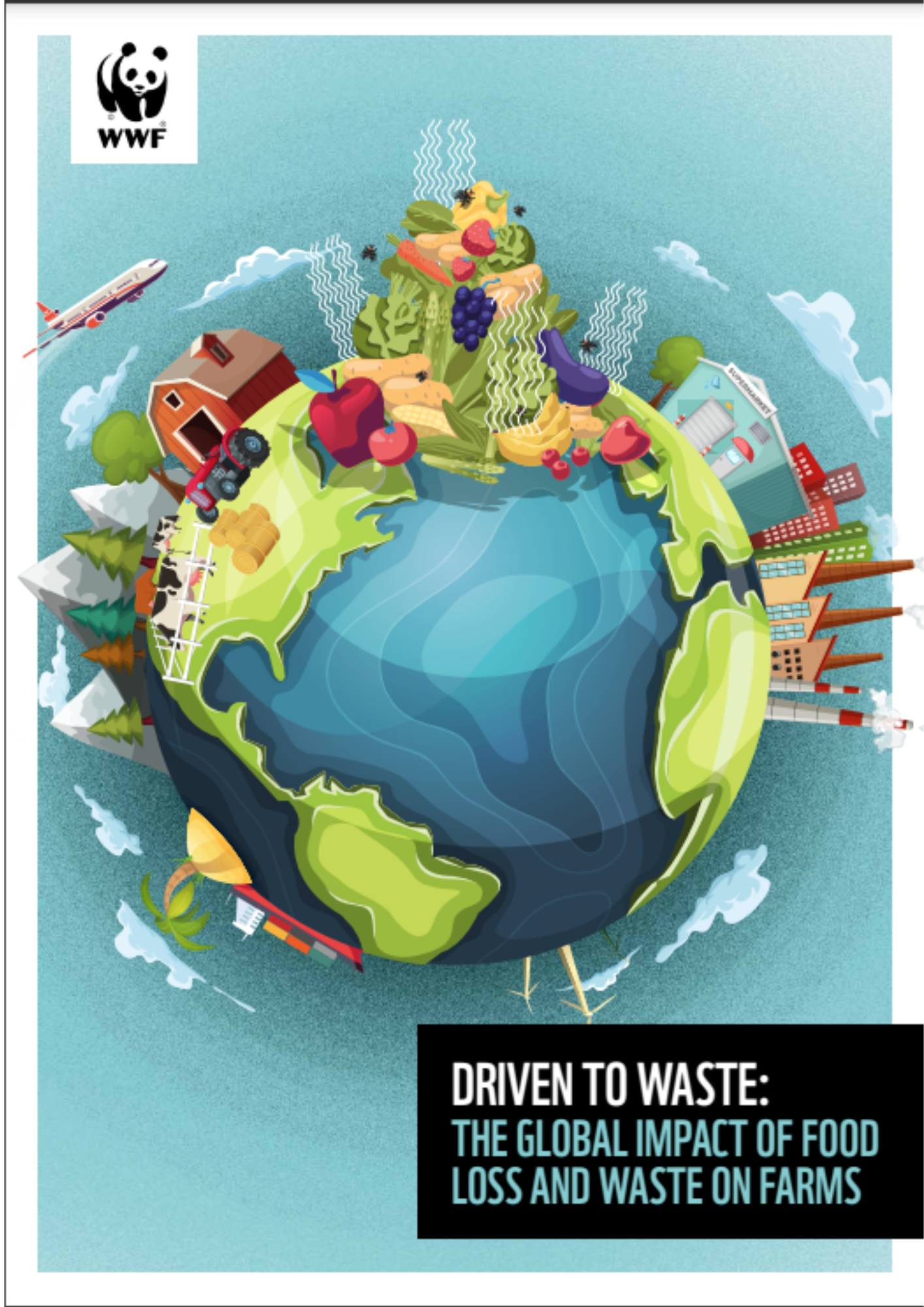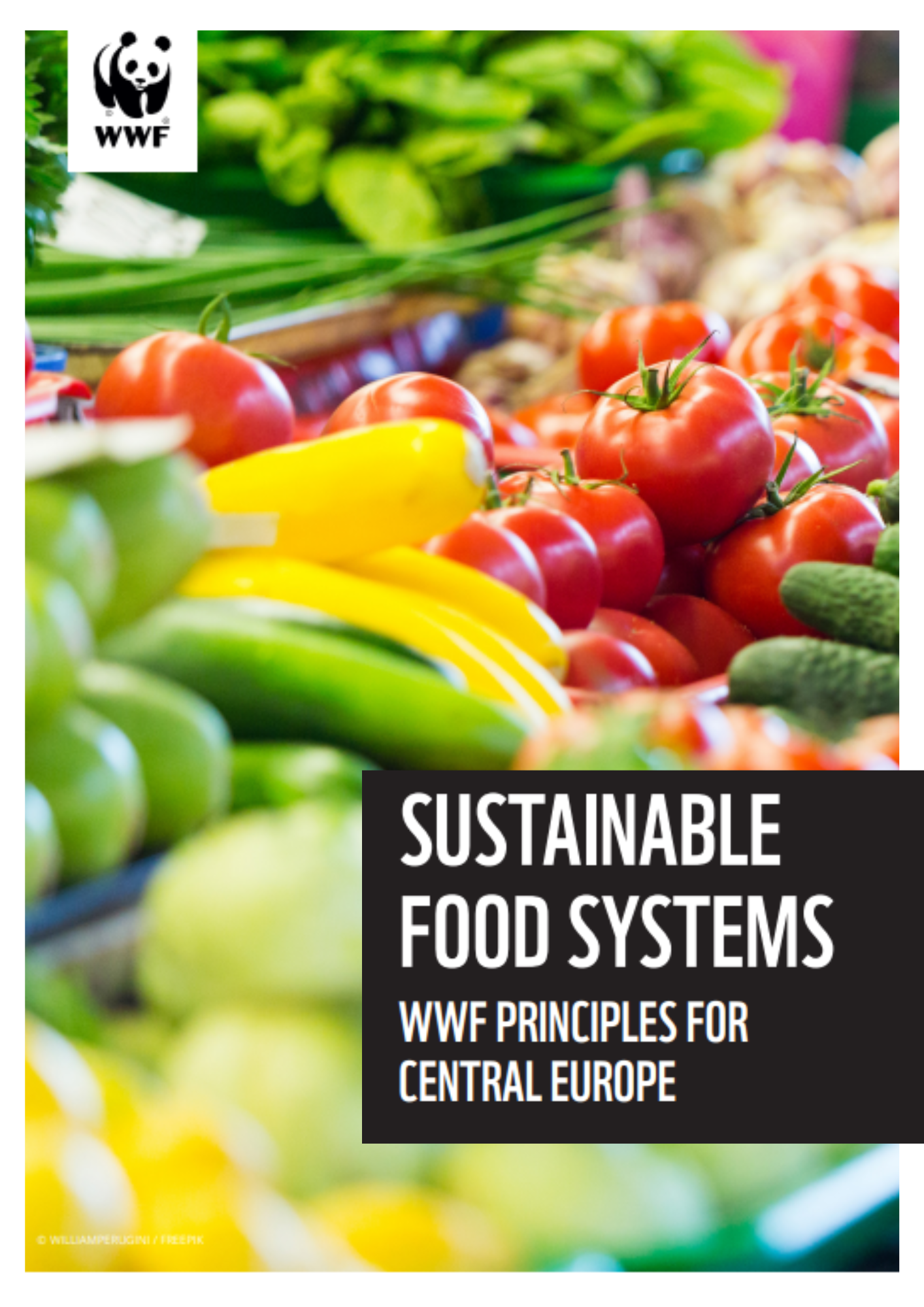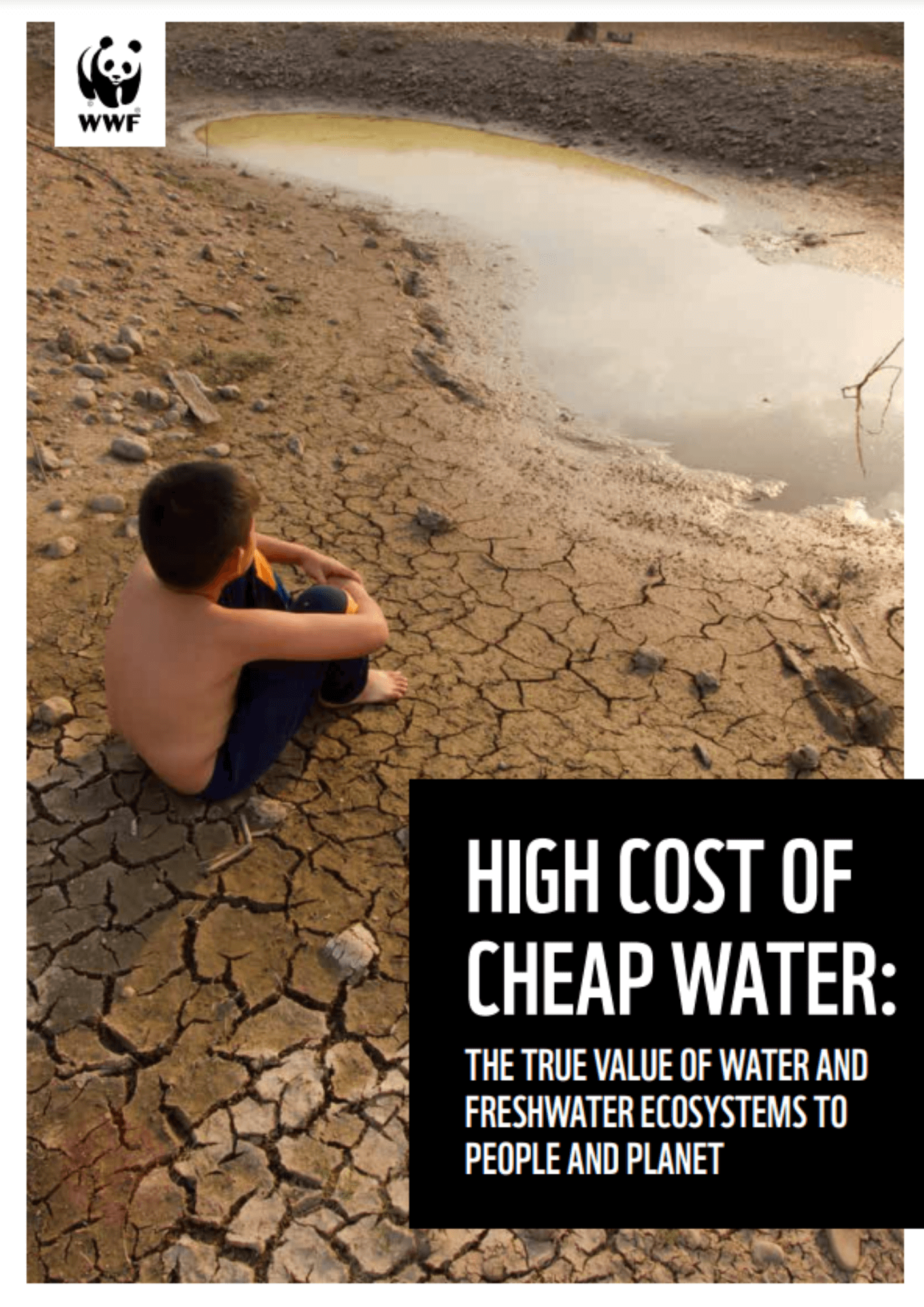It’s time to fix our food system
The way we produce food in Central Europe and globally causes unnecessary destruction of habitats, hastens climate change, and leads to the extinction of species. Agriculture and land use are responsible for almost 60% of biodiversity loss and 30% of greenhouse gas emissions worldwide, making it one of the largest environmental threats.
Yet our food system can provide sustainable, healthy and affordable food for everyone. It all starts with changing the way we produce our food. We can reduce carbon emissions, cut food loss and waste, and restore nature, while at the same time supporting farmers and producers locally and abroad to grow enough food for us all.
Principles for Sustainable Food Systems
Food businesses are closely tied to the health and stability of ecosystems, as they rely on crops, livestock, and seafood. There is a need for urgent and ambitious action throughout the entire value chain.
To support businesses on their sustainability journey, WWF has created scientific recommendations for food retailers, producers, and processors in Central Europe.
The document "Principles for Sustainable Food Systems" sets specific goals for the food industry in areas such as Climate, Food waste, Packaging, Deforestation and Conversion, Agriculture, Fishery and Aquaculture, and Diets.
Explore the principles below.Principles for Sustainable Food Systems
Food businesses are closely tied to the health and stability of ecosystems, as they rely on crops, livestock, and seafood. There is a need for urgent and ambitious action throughout the entire value chain.
To support businesses on their sustainability journey, WWF has created scientific recommendations for food retailers, producers, and processors in Central Europe.
The document "Principles for Sustainable Food Systems" sets specific goals for the food industry in areas such as Climate, Food waste, Packaging, Deforestation and Conversion, Agriculture, Fishery and Aquaculture, and Diets.
Explore the principles below.THEMATIC AREAS OF THE WWF PRINCIPLES
The WWF Principles for Sustainable Food Systems in Central Europe address seven critical environmental issues related to the food system that require immediate attention.














climate
Food systems are responsible for about a third of global GHG emissions. Without transforming food systems we cannot limit global warming to 1.5 degrees Celsius. We can not phase out food in the same way we can phase out fossil fuels, but food systems can be part of the solution to the climate crisis.
Nature-positive food systems will help reduce emissions and sequester carbon. Realising the potential of food systems to help mitigate climate change requires systemic approaches. Piecemeal action will not lead to change.
recommended by WWF for businesses. learn more
goal
GHG emissions reduced across all scopes in line with the 1.5-degree science-based target (SBT).
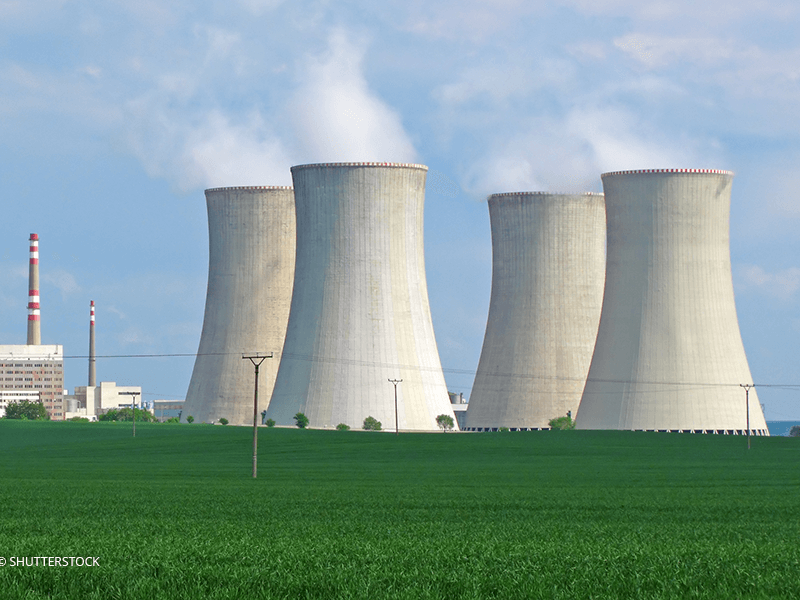
agriculture
The way we produce and consume food is causing significant harm to our environment. It is responsible for loss of biodiversity, land use changes, depletion of natural resources, and climate change. The damage caused may not always be immediately visible, but it is chronic and indirect. However, by transforming our food production practices, we have the greatest opportunity to reverse our negative impact on the natural world.
Promoting sustainable agriculture practices and supporting nature conservation and restoration can greatly revive biodiversity, hydrological systems, soil and water quality, and carbon sequestration. Europe has a vital role to play in transitioning towards resilient, equitable, and sustainable agri-food systems for our planet.
recommended by WWF for businesses. learn more
goal
Competitive and sustainable agriculture capable of retaining water in the landscape and promoting biodiversity while avoiding soil degradation and nutrient run-off
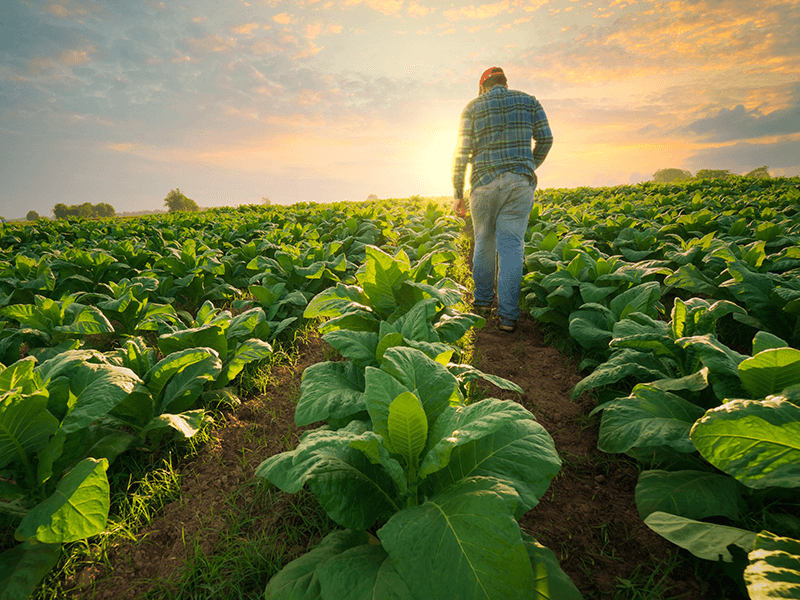
packaging
One of the most characteristic manifestations of the consumer society is the increase in the production of packaging waste. Reducing the volume of packaging is crucial. The materials used to make the packaging significantly determine the overall impact of the packaging on the environment. The sustainability of the materials used must be a crucial factor.
At present, the main trend is the transition to a circular economy, which closes material flows in long cycles and emphasises waste prevention, product reuse, recycling and energy conversion instead of mining and landfilling.
recommended by WWF for businesses. learn more
goal
100% recyclable packaging, no excessive packaging. All materials are sourced sustainably and the use of recycled content is maximised.

food waste
The EU wastes tens of millions of tonnes of food every year. Up to 40% of all food produced worldwide is never eaten. UNEP’s Food Waste Index suggests that 931 million tonnes of food is thrown away globally by consumers, retailers and the food service industry each year.
This wasted food accounts for 6% of global greenhouse emissions. At the EU level, the best estimates indicate that some 88 million tonnes of food are wasted annually, equivalent to 173 kg of food per person every year.
recommended by WWF for businesses. learn more
goal
Food loss and waste reduced by 50% in all aspects of the supply chain by 2030
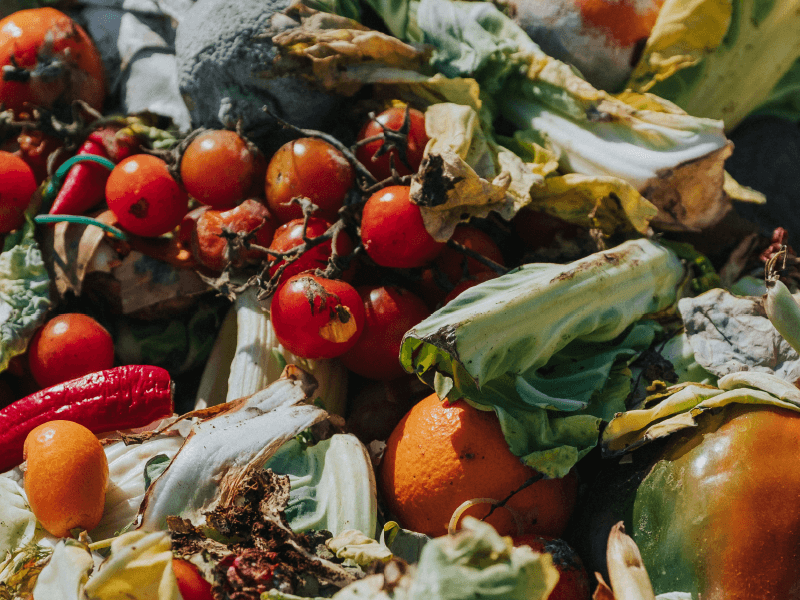
fishery and aquaculture
Europe imports nearly twice as much seafood as it produces. In 2019, total fishery and aquaculture production in the EU amounted to 5.1 million tonnes, while 9.5 million tonnes were imported.
Europe’s seafood consumption has environmental and social impacts worldwide. More than a third of global fish stocks are exploited beyond sustainable levels. Overfishing is a major threat to marine ecosystems – where vertebrate populations have fallen by half since 1970 – and to the millions of people who depend on them for their livelihoods and as a primary source of protein.
The growing importance of aquaculture also brings sustainability challenges at sea and on land. Production from wild-capture fisheries has remained relatively static since the late 1980s. The continuing growth in seafood consumption has been made possible by aquaculture.
recommended by WWF for businesses. learn more
goal
100% of seafood comes from sustainable sources by 2030. All seafood sources are certified

sustainable diets
Europeans tend to eat more food, and in particular more animal products, than what is healthy for people or the planet. On average, EU citizens eat more than twice as much meat as recommended by health authorities.
Europeans tend to eat more food, and in particular more animal products, than what is healthy for people or the planet. On average, EU citizens eat more than twice as much meat as recommended by health authorities. What customers choose to eat has the largest impact on their footprint, as most of our food emissions come from processes on the farm or from land use change.
Studies by WWF and the European Consumer Organisation show that Europeans want to eat more sustainably but face barriers in doing so and need sustainable food choices to become easier. Most have the prejudice that sustainable options tend to be more expensive, unavailable, unappealing or unclearly labelled.
recommended by WWF for businesses. learn more
goal
Increased proportion of plant-based foods in the average diet
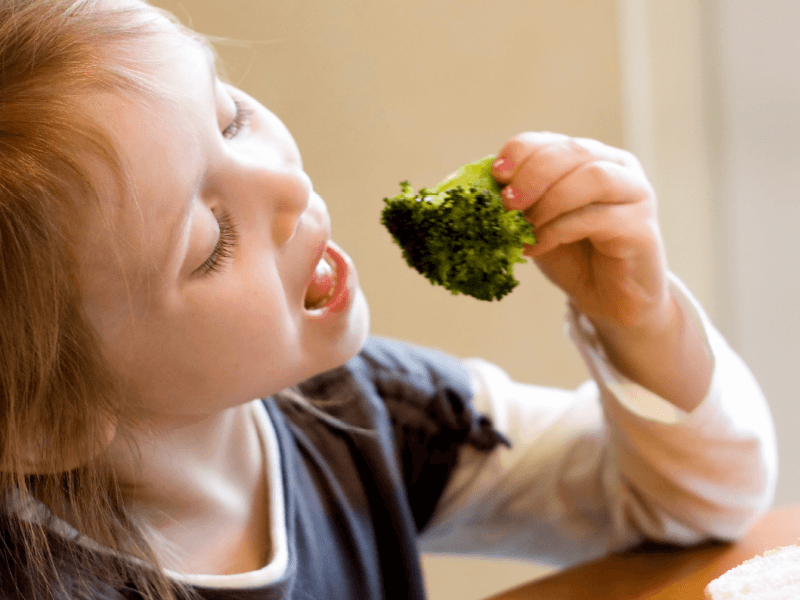
deforestation and conversion
The EU’s dependence on imported commodities comes with an oversized environmental footprint. Over the years, EU demand has driven the loss of millions of hectares of forests, savannah and grasslands, particularly in tropical areas, destroying valuable ecosystems and contributing significantly to climate change and biodiversity loss.
The EU is the second-largest importer of agricultural commodities associated with deforestation after China. Between 2005 and 2017, some 3.5 million hectares of forest were destroyed to produce agricultural commodities for the EU market – an area larger than the Netherlands. This released an estimated 1807 million tonnes of CO2, equivalent to 40% of the EU’s annual emissions
recommended by WWF for businesses. learn more
goal
Agricultural commodity supply chains 100% free of deforestation and land conversion
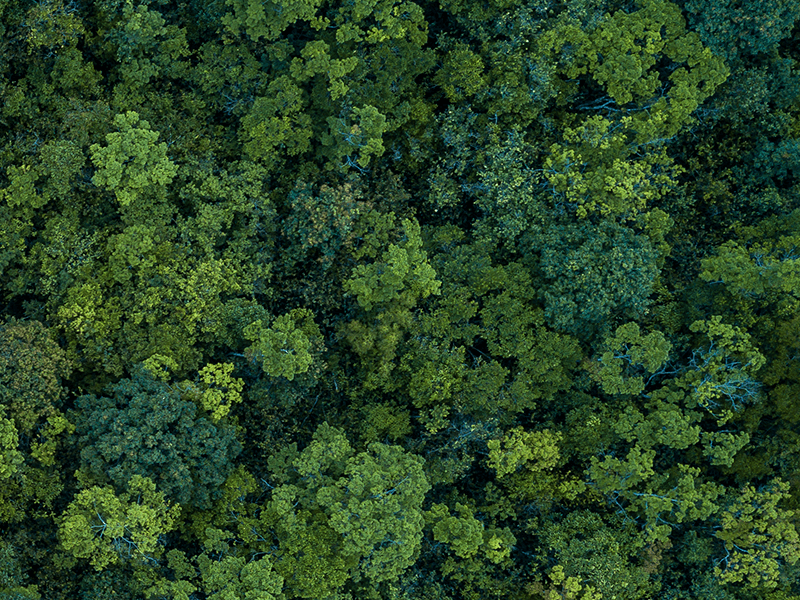
explore other useful resources
wwf reports and case studies
videos
WWF & TESCO PARTNERSHIP
IN CENTRAL EUROPE
WWF-CEE and Tesco Central Europe share a desire to support a shift towards more sustainable consumption and production. Food is central to our health and the health of the planet. Our partnership aims to help drive demand for sustainable choices all the way from farm to fork by raising awareness and encouraging change.
The Principles for Sustainable Food Systems were developed within the partnership of WWF-CEE and Tesco Central Europe in Czechia, Hungary and Slovakia. Together we invite retailers and food producers to adopt and implement the principles in their business practices, and policy makers to support them in this critical journey.
Learn more about our collaboration here.

WWF & TESCO PARTNERSHIP
IN CENTRAL EUROPE
WWF-CEE and Tesco Central Europe share a desire to support a shift towards more sustainable consumption and production. Food is central to our health and the health of the planet. Our partnership aims to help drive demand for sustainable choices all the way from farm to fork by raising awareness and encouraging change.
The Principles for Sustainable Food Systems were developed within the partnership of WWF-CEE and Tesco Central Europe in Czechia, Hungary and Slovakia. Together we invite retailers and food producers to adopt and implement the principles in their business practices, and policy makers to support them in this critical journey.
Learn more about our collaboration here.

about wwf
WWF is one of the world’s largest independent conservation organizations, with over 5 million supporters and a global network active in more than 100 countries. WWF’s mission is to stop the degradation of the planet’s natural environment and to build a future in which people live in harmony with nature, by conserving the world’s biological diversity, ensuring that the use of renewable natural resources is sustainable, and promoting the reduction of pollution and wasteful consumption.
As a member of the WWF global network, WWF-CEE exists to promote WWF’s mission across seven countries in Central and Eastern Europe. Member organizations include WWF-Bulgaria, WWF-Hungary, WWF-Romania, WWF-Slovakia, WWF-Ukraine and WWF in Czechia.






